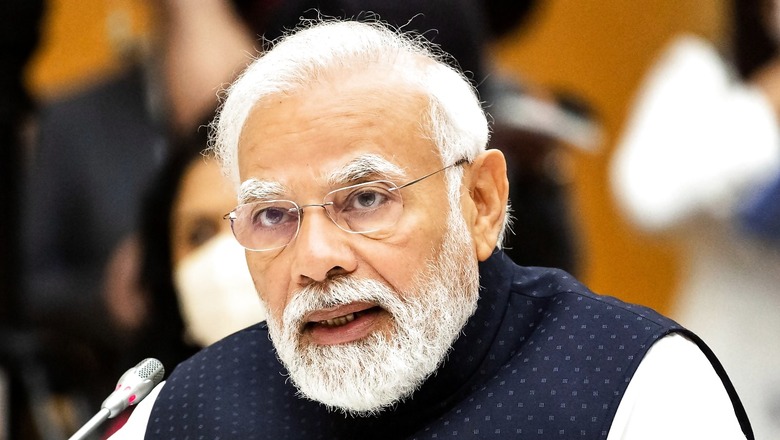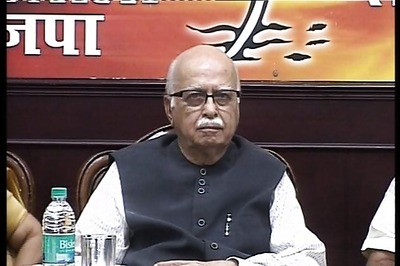
views
The Narendra Modi government is having a relook at the roles and structure of Integrated Financial Advisors to assess any changes that may be needed to the existing system, as part of its vision plan for India@2047, News18 has learnt.
The need for this exercise, it is learnt, has stemmed from the fine balance which financial advisors are required to maintain while discharging their duties.
A financial advisor is expected to perform a dual role as a representative of the finance ministry and as a senior official of the ministry he is posted in. Senior government officials explained that this leads to a “conflict” between the two roles at times.
In a letter to all secretaries two months ago, finance secretary T V Somanathan had sought responses on what can change with respect to financial advisors in the central government on the aspects mentioned in a detailed questionnaire attached with the letter. News18 has accessed the letter.
In the letter, Somanathan said the role of the financial advisor is “sensitive and delicate.”
He said while the financial advisor is a representative of the finance ministry who is expected to ensure adherence to canons of financial propriety and financial rules, the official is also expected to support the department or the ministry (he is posted in) in its policies in achieving administrative objectives.
“Nevertheless, there may be a need for changes to the system to enable faster and more efficient decision making and execution of policies, projects and schemes, without loss of financial control,” he said in the letter.
He added that an internal group has been created within the finance ministry to look into this aspect.
The system of Integrated Financial Advisor, he mentioned, has been in force in the central government for nearly five decades and has seen minor changes from time to time.
A financial advisor plays a critical role in ensuring successful planning and implementing different schemes and programmes of the administrative ministry he is posted in. They are intrinsically involved in the budgeting process, expenditure and cash management and also advise the secretary of a ministry on various aspects, but are kept out of routine administrative work.
QUESTIONS FOR SECRETARIES
The questions asked to the secretaries are on the probable changes which could be brought to the existing system of Integrated Financial Advisors.
They seek to know whether suggestions of the financial advisors add value to the decisions, particularly in aspects of improved financial efficiency, better use of scarce funds and ensuring adherence to rules and regulations.
The finance secretary sought to know whether there is unnecessary interference by financial advisors in purely administrative matters. Over complaints that their comments delay decisions or lead to indecision, he had sought to know why in such cases the secretary of the ministry does not overrule the financial advisor, when there is already a provision to do so.
Other questions include whether the financial advisors should be involved in scrutiny and approval of tenders, whether the tendering process should be considered an administrative or a financial matter and also if a financial advisor, being partially independent, can help resist senior bureaucrats from taking certain improper decisions.
Read all the Latest News and Breaking News here
















Comments
0 comment